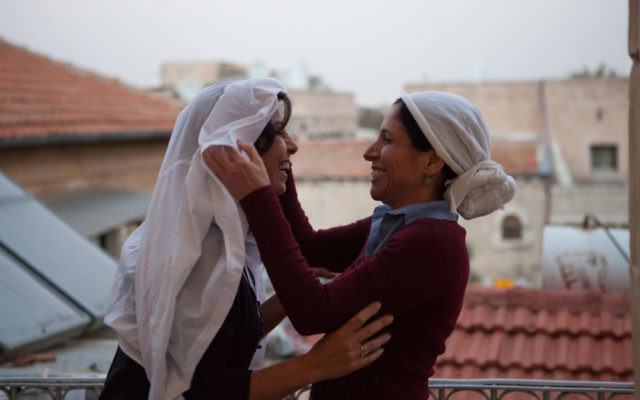Healey’s ‘Girls Club’ Gives Immigrant Experience Life
Jane Healey's novel uses cross-cultural exchanges and religious differences to connect four women.
“Whoever finds a friend finds a treasure.” — Italian proverb
Jane Healey’s “The Saturday Evening Girls Club” is a story of unbreakable friendship among four young women in Boston in the early 1900s.
The main character and narrator, Caprice, an American-born Italian Catholic who excels at hat making, met Maria, Ada and Thea seven years earlier at a women’s group called the Saturday Evening Girls Club, which meets at a pottery shop in the North End of Boston.
Maria, also an Italian Catholic, is a blond beauty who enthralls every man she meets. Ada and Thea are from Jewish families who came to America from a shtetl in Russia. Ada is brilliant and excels in science, while Thea is shy and strives to please her parents.
All four are first-generation Americans and live in crowded buildings in a poor area of town where everyone knows everyone and families keep their front doors open.
Their club is funded by a benefactor named Mrs. Storrow, who lives in the wealthy area of town, and is run by Mrs. Guerrier, who also runs the pottery shop. These two older women tremendously influence the lives of Caprice and her friends.
This book, based on true events, takes place one week at a time, following the women’s lives as they face challenges, fall in love, deal with tragedy, overcome hardship and become successful.
Caprice’s father wants her to meet a nice Sicilian man for an arranged marriage, but she wants nothing to do with it. He invites his friends’ sons over for dessert to meet Caprice, while she considers herself a new American woman who can decide her husband for herself.
Arranged marriage is a central theme in this book. Some women embrace it, while others, like Caprice, want to make their own choices.
Other prevalent themes in “The Saturday Evening Girls Club” include gender inequality, forbidden love across religions and cultures, the struggle between the working class and the wealthy, cultural prejudices, and parents’ expectations of their children, especially their daughters. Our society is still struggling with many of those themes a century later.
I learned a lot about Italian culture from this book, and I realized that it is similar to Jewish culture but also wildly different. They worship differently, but Boston Jews and Italians in the early 1900s put family first, valued tradition and wanted their children to marry within their faith to someone whose family came from the same “old country.”
I thoroughly enjoyed “The Saturday Evening Girls Club” and found the main character to be credible. I admire Caprice’s ability to stand up for herself and the fact that she is a hard worker who doesn’t give up on her dreams.
The friendship among these four is something many women strive for all their lives and are lucky to attain.
Healey’s novel, which she will discuss Nov. 10 at the Book Festival of the Marcus Jewish Community Center, is hard to put down. I found myself transported to this period with great interest in what would become of these four friends. Healey’s words paint a picture of what it was like to live in the North End of Boston in 1908 and 1909, and I could imagine each scene through her descriptive writing.
I liked that each chapter begins with a Jewish or Italian proverb, like the one at the top of this article, coinciding with what each chapter is about. I highly recommend “The Saturday Evening Girls Club” to anyone, but especially to women.





comments